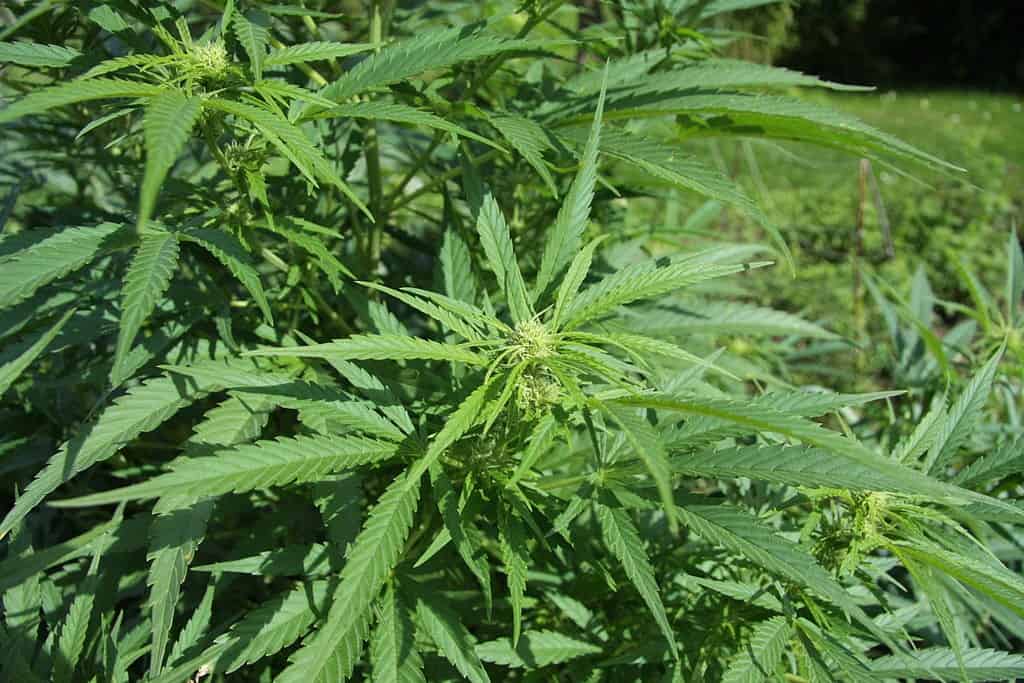The US Patent and Trademark Office has issued new guidelines on “Examination of Marks for Cannabis and Cannabis-Related Goods and Services after Enactment of the 2018 Farm Bill.”
As the new guidelines note,
Use of a mark in commerce must be lawful under federal law to be the basis for federal registration under the U.S. Trademark Act. … The United States Patent and Trademark Office (USPTO) refuses to register marks for goods and/or services that show a clear violation of federal law, regardless of the legality of the activities under state law. A determination of whether commerce involving cannabis and cannabis-related goods and services is lawful requires consultation of several different federal laws…
As the guidelines also note:
the USPTO refuses registration when an application identifies goods encompassing CBD or other extracts of marijuana because such goods are unlawful under federal law and do not support valid use of the applied-for mark in commerce.
The 2018 Farm Bill changes certain federal laws relating to the production and marketing of “hemp.” It’s now defined as:
the plant Cannabis sativa L. and any part of that plant, including the seeds thereof and all derivatives, extracts, cannabinoids, isomers, acids, salts, and salts of isomers, whether growing or not, with a delta-9 tetrahydrocannabinol [THC] concentration of not more than 0.3 percent on a dry weight basis.
This means that cannabis plants and derivatives such as CBD that contain no more than 0.3% THC on a dry-weight basis are no longer considered controlled substances.
For trademark applications filed on or after December 20, 2018 for good encompassing cannabis or CBD, the Farm Bill potentially allows registration if the goods are derived from hemp.
An applicant may be able to amend an earlier application to change the date to December 20.
Applicants also have to make clear in their filings that the goods to be covered by the trademark come under the definition of hemp.
In addition, applicants may be required to prove that they’re authorized to produce hemp.
Although cannabis trademarks for products that don’t qualify as hemp can’t be registered with the USPTO, they often can be registered in states where cannabis is legal.
Visit https://cannabistm.com/ to learn more.


